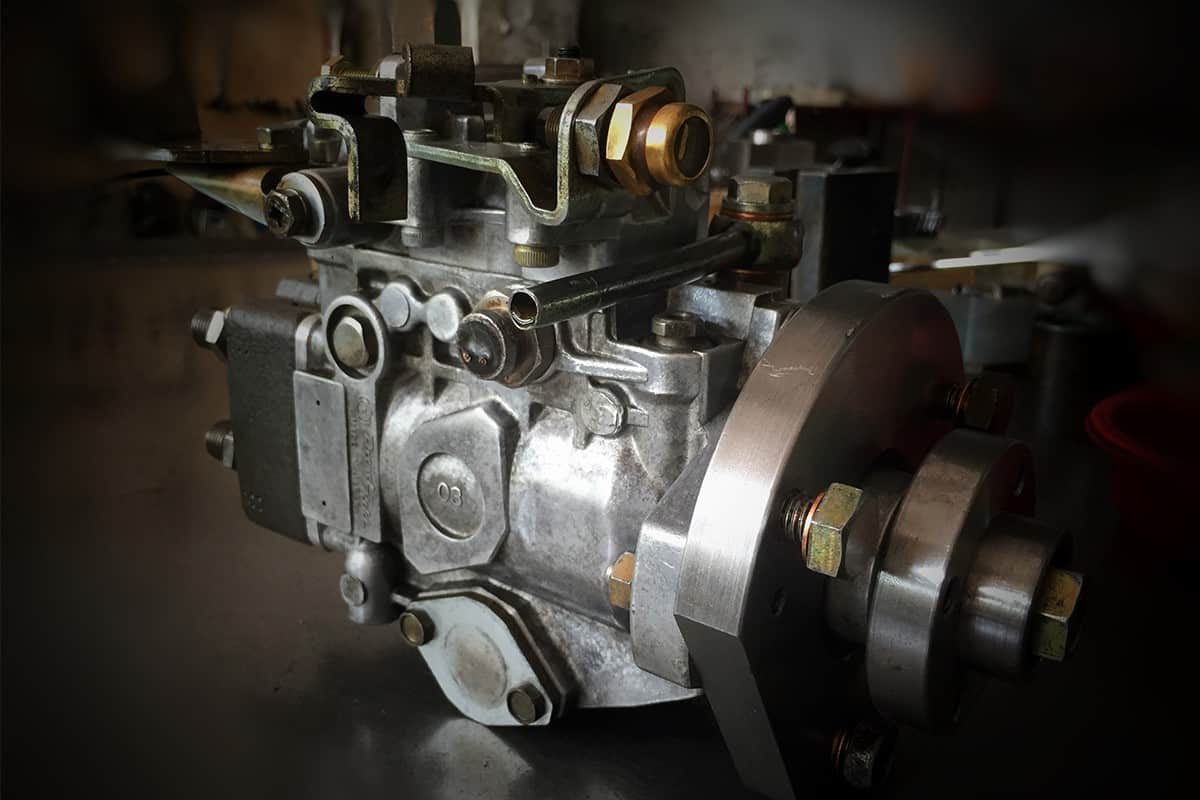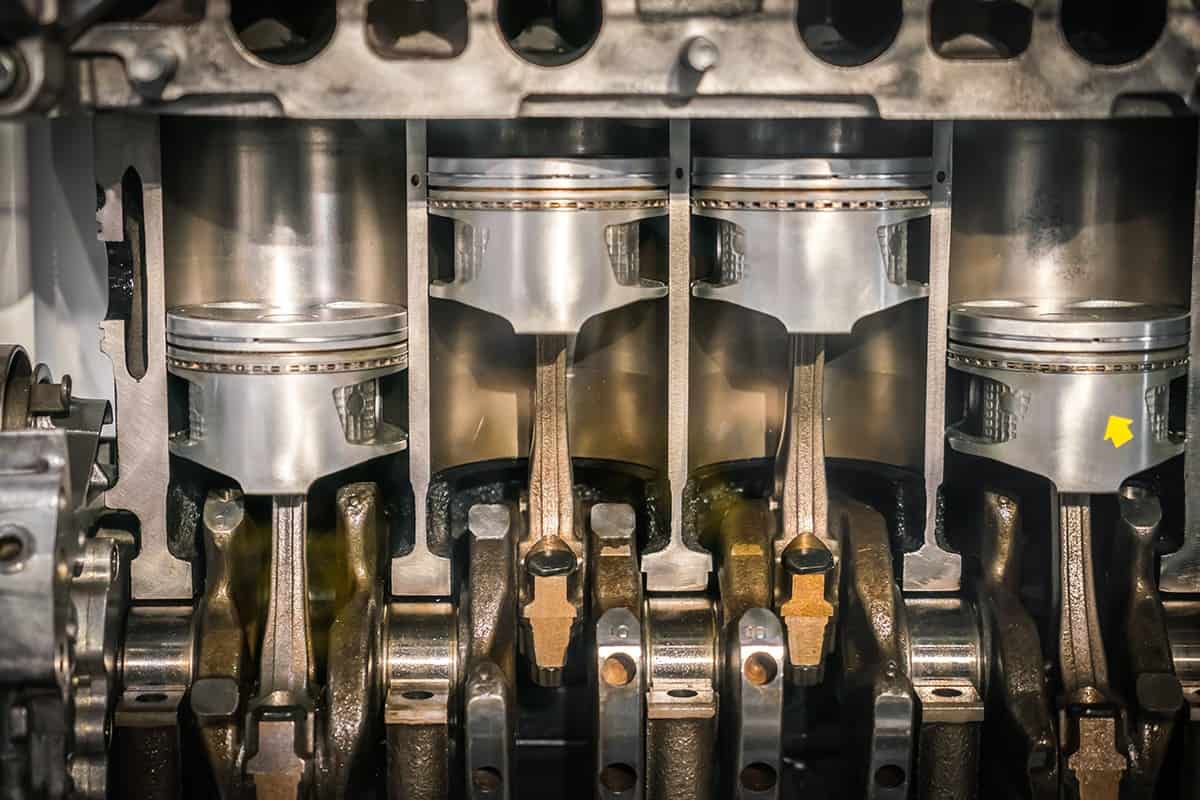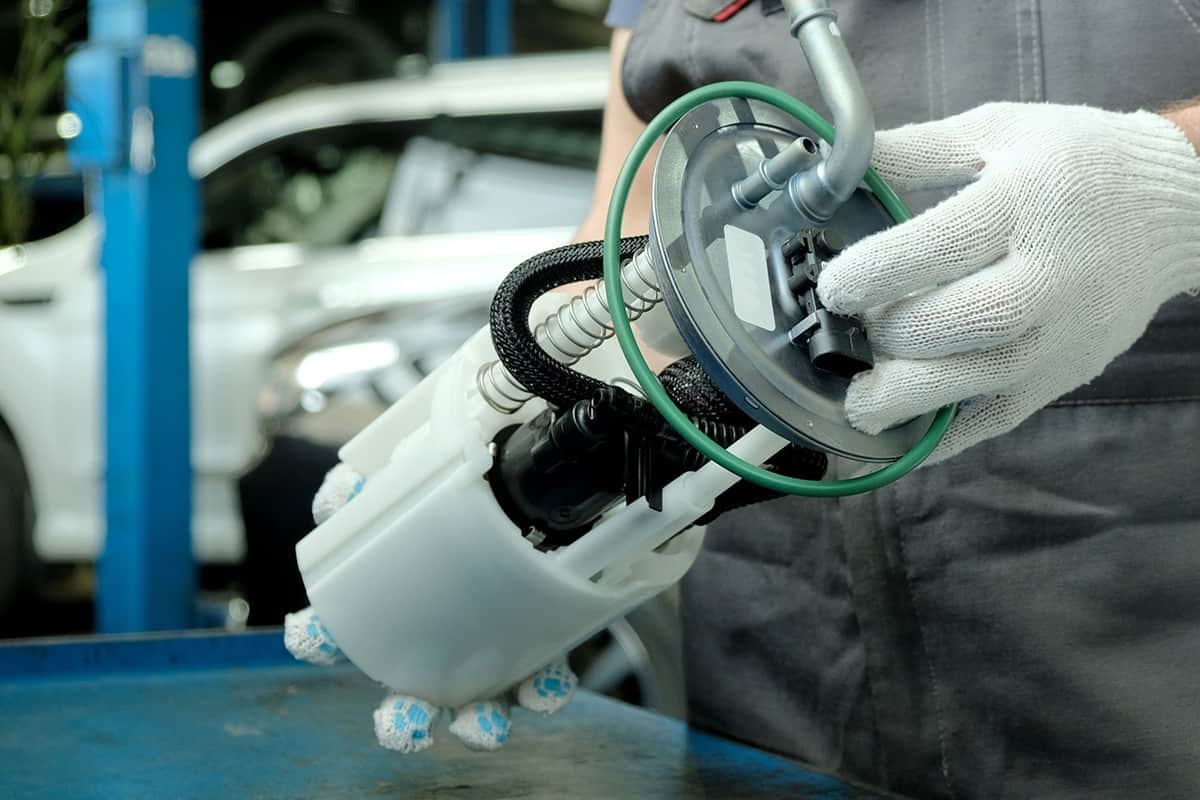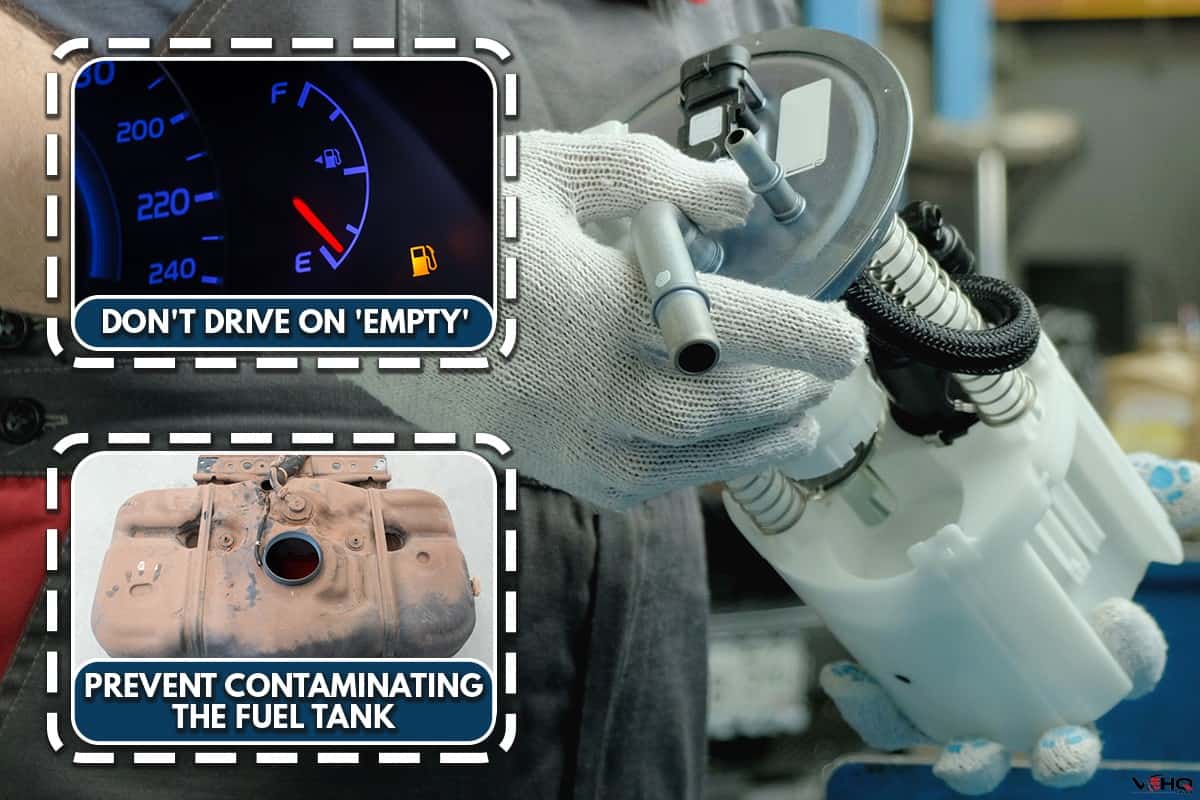The fuel pump pushes gasoline (or diesel) from the tank through the fuel system to the vehicle's engine. It's a crucial component. But if it gets too hot, how can you cool down the fuel pump? After much research, we have determined the answer.
Cooling down a fuel pump is the easiest thing to accomplish. All you need to do is fill the fuel tank with gas (or diesel). A full tank will submerge the fuel pump, allowing it to run cooler than if it were partially exposed.
The absence of the fuel pump means your car won't work because the engine would not be able to receive gasoline to make the car run. So, we suggest you keep reading to learn best what a fuel pump does, how to tell if it is faulty, and how to make it last longer. Let's delve into the details!
Don't Drive On 'Empty'
If you tend to wait for the gas light as a reminder to fill up, you should stop it now. This bad habit can damage your pump.
Adequately submerging your fuel pump with gas is a must, especially if you want to lubricate or cool it down, as mentioned earlier. So, keep your tank at a quarter or completely full.
Keep in mind that a low fuel level can make the fuel pump work harder than it should. It is because it has a hard time sucking fuel to deliver to the engine.
Such a situation is the primary reason why your fuel pump overheats. Moreover, if you do this frequently, expect to experience premature fuel pump deterioration. And if worse comes to worst, this might also affect and damage all the engine equipment.
The only thing you can do here is ask for a professional's help. The contaminated fuel tank needs a thorough cleaning. On the other hand, if cleaning can't solve the problem anymore, you might need to go for a more costly approach, which is replacing the fuel tank.
How To Tell If You Have A Bad Or Faulty Fuel Pump?
If you don't know how to determine a faulty fuel pump, you can rely on the following tips:
Engine Won't Start
A malfunctioning fuel pump is a common culprit of an engine that won't start. There are many issues to troubleshoot, but if you suspect your fuel pump is aged, worn, or faulty start looking here.
After your car shuts down, it should start up again after 30 minutes. However, if it repeatedly shuts off this could be an indicator of a malfunctioning fuel pump.
Click here to check out this universal fuel pump removal tool on Amazon.
Car Overheating
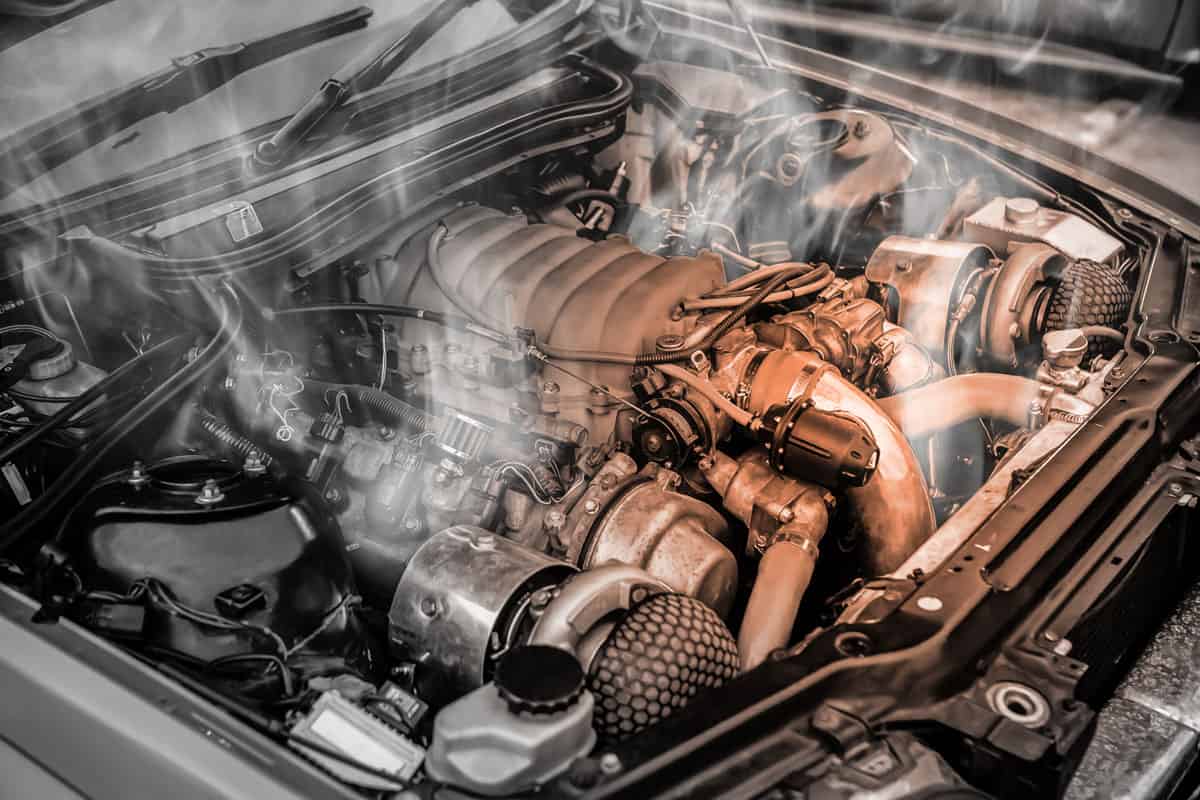
If your car's engine receives inadequate fuel because the fuel pump cannot pump enough gas, expect the engine can overheat as it runs. Additionally, if things get worse, the engine might shut off unexpectedly.
Increased Fuel Consumption
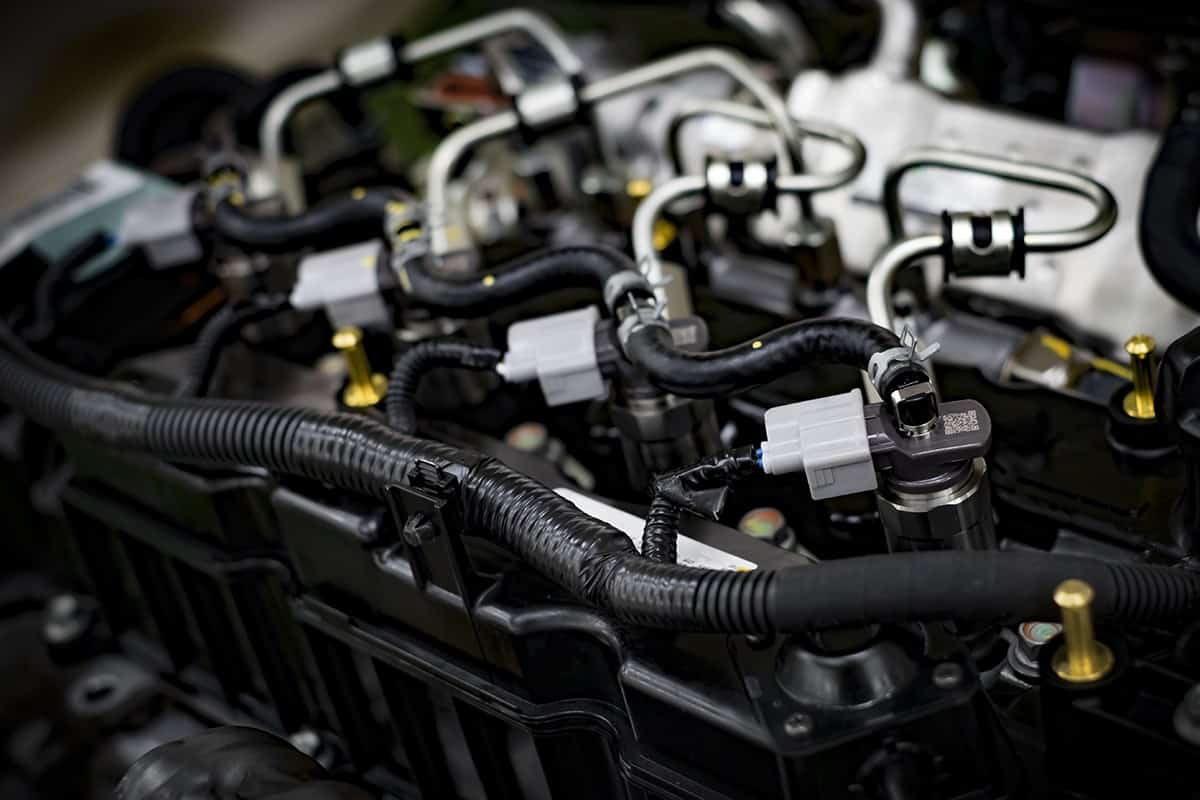
However, if your vehicle is consuming more fuel than usual, the fault could be the fuel pump. It's possible that the pump is supplying an excessive amount of fuel to the car's engine, causing it to run dry of fuel too soon.
Unfamiliar Engine Sounds & Poor Performance
You likely know the sound of your car's smoothly functioning engine. But, if the fuel pump doesn't provide enough gas (or diesel) you might observe sputtering sounds, uneven idling, or poor acceleration. This can permanently damage the engine if not addressed.
Deceleration
Without sufficient fuel to the engine, your car might have difficulty maintaining speed. You'd notice a fluctuation of RPMs and possibly also feel or hear a difference in driving performance. A faulty fuel pump is a likely cause.
It's A Wrap!
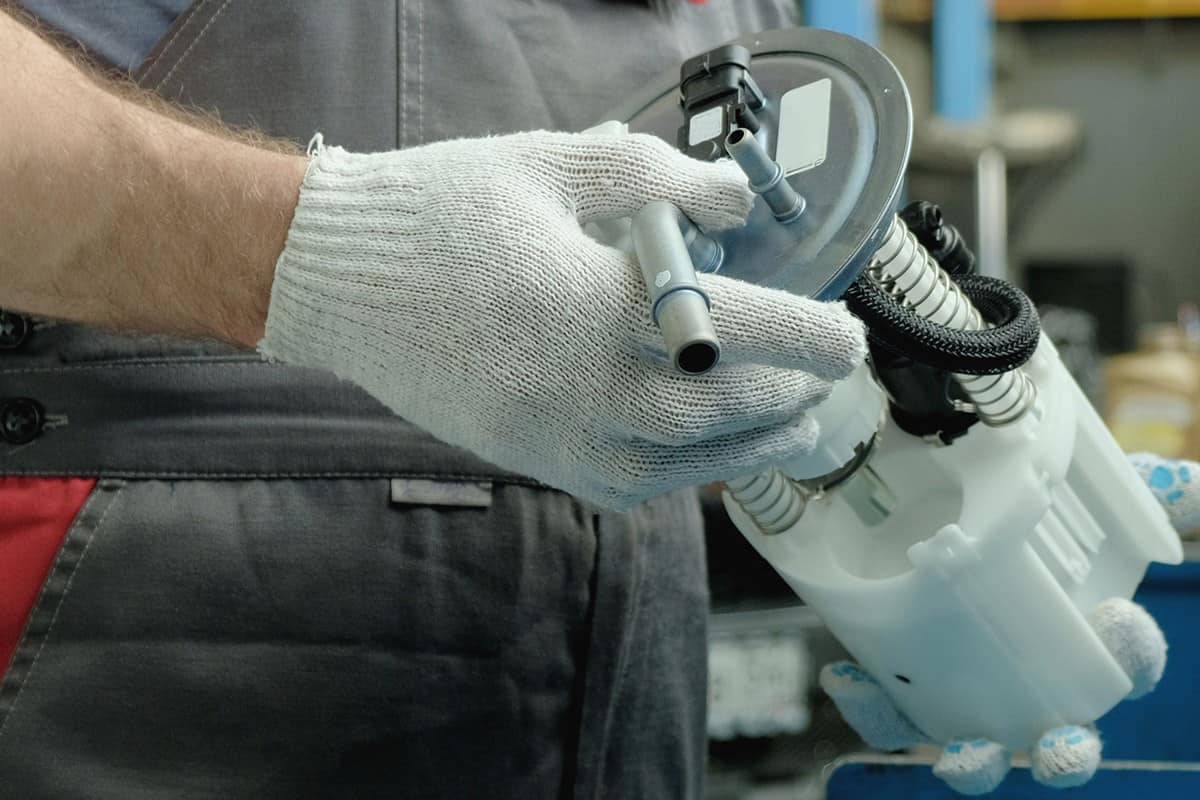
As discussed in this post, the fuel pump is one crucial car component. Always ensuring its excellent condition is advisable to achieve trouble-free or risk-free driving. Now that you know how to cool down the fuel pump and properly maintain it, you can surely start to make the most out of your car.
You have finally made it to the end! If you still have additional questions, you can leave a comment below. We'd love to hear from you! And to continue reading, you can check these related posts out!
How Long Do Fuel Pumps Typically Last?

